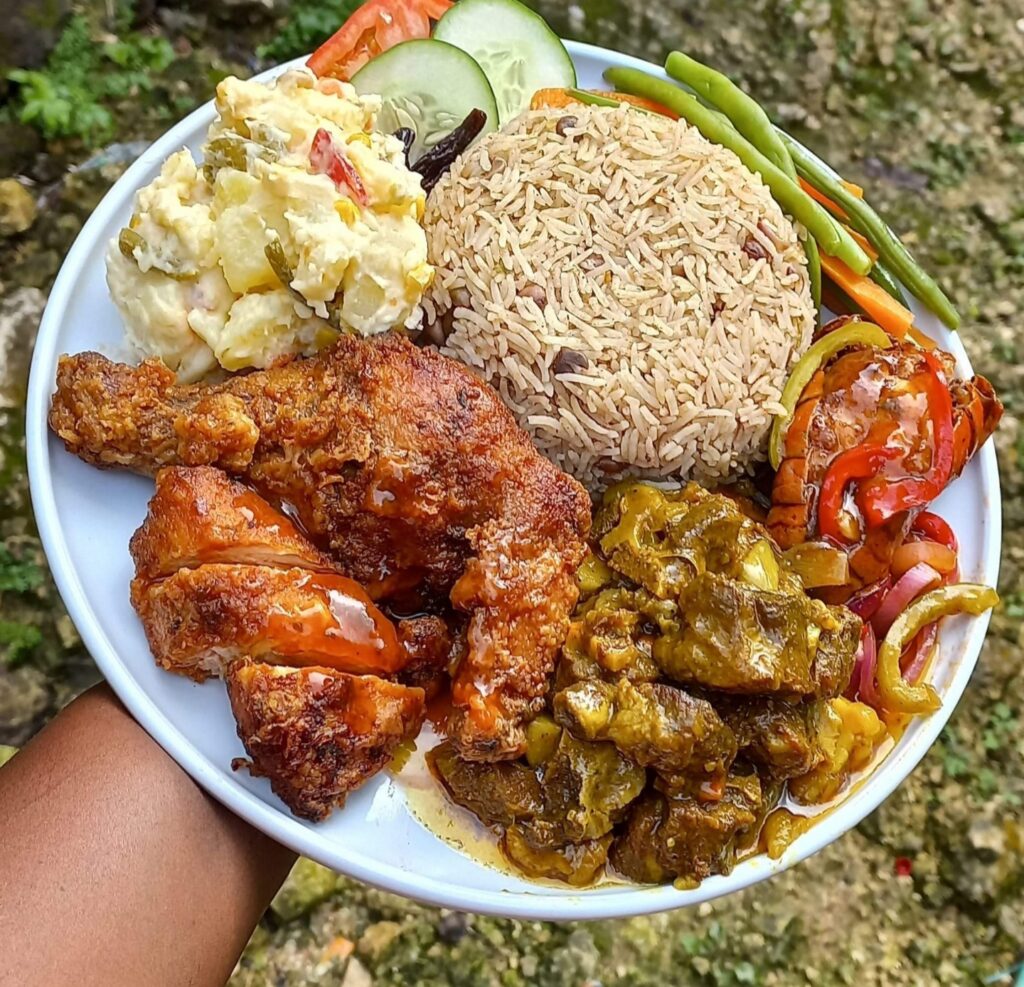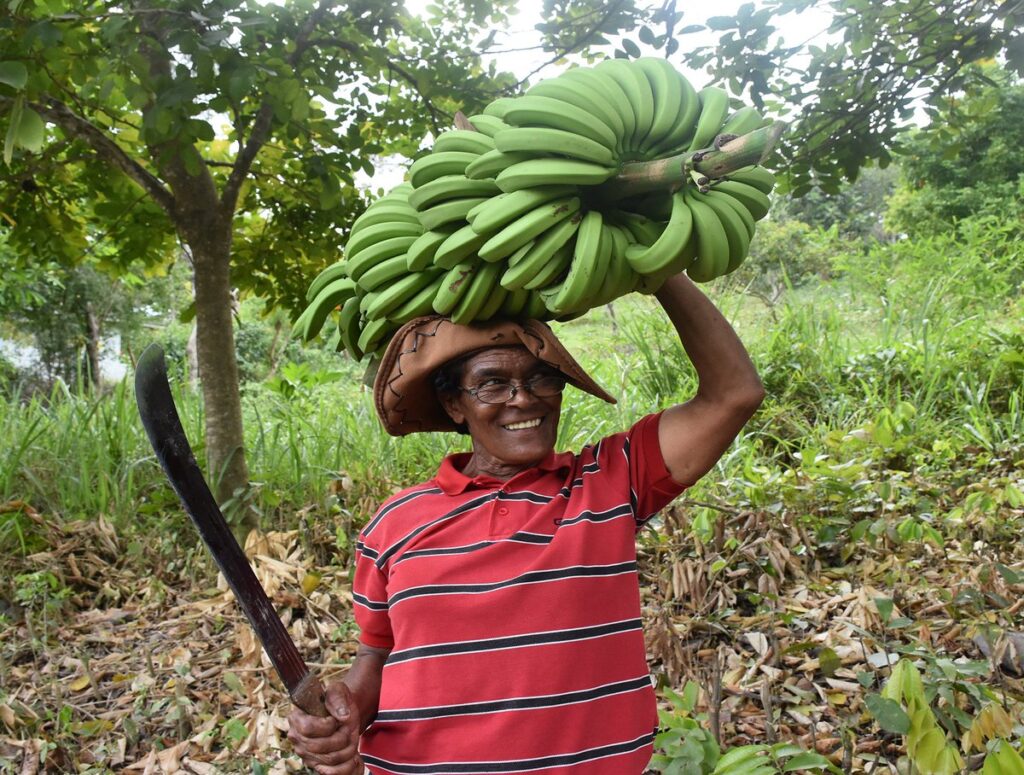
Farming, often considered one of the oldest professions in human history, has a rich and diverse history that predates conventional agriculture. Some theories even propose that women were the first farmers, managing fields and livestock while men were engaged in hunting. Fast forward to present-day Jamaica, where farming has evolved into a shared endeavor involving both men and women, with women showcasing remarkable resilience and determination.

Farming in Jamaica Today:
Jamaica, like many nations, faces the critical challenge of food security. A Ministry of Agriculture and Fisheries Executive Summary on Jamaica's National Food and Nutrition Security Policy highlights the nation's vulnerability due to low food production and a high dependence on food imports. The current global landscape, marked by geopolitical tensions and climate change-induced disasters, accentuates the urgency of addressing this issue.
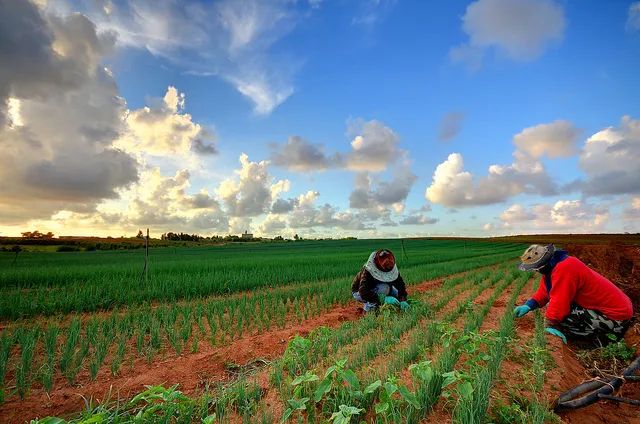
The Impact of External Factors:
Recent global events, such as the war in Ukraine and natural disasters linked to climate change, emphasize the harsh consequences of Jamaica's heavy reliance on food imports. External economic shocks, triggered by events like droughts or floods in key supply chain countries, lead to increased prices of imported goods, affecting the national food import bill. The late Michael Manley's "eat what you grow" campaign from the 70s gains renewed relevance in the face of these challenges.
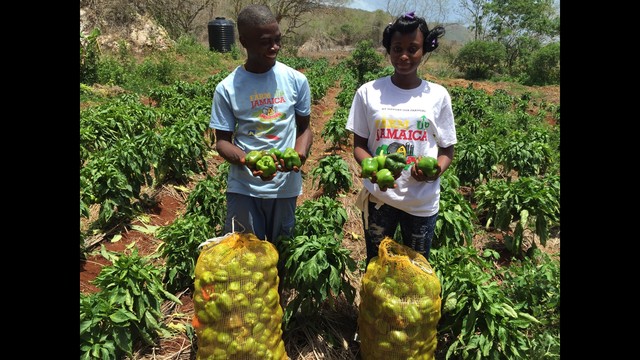
The Role of Farmers in Economic Independence:
It is essential to recognize that a nation's ability to feed its people directly impacts its economic independence. The dependence on food imports exposes Jamaica to economic vulnerabilities, making it crucial for the nation to prioritize and invest in local agriculture. The importance of supporting local farmers is not only an economic necessity but also a step towards enhancing resilience in the face of global uncertainties.
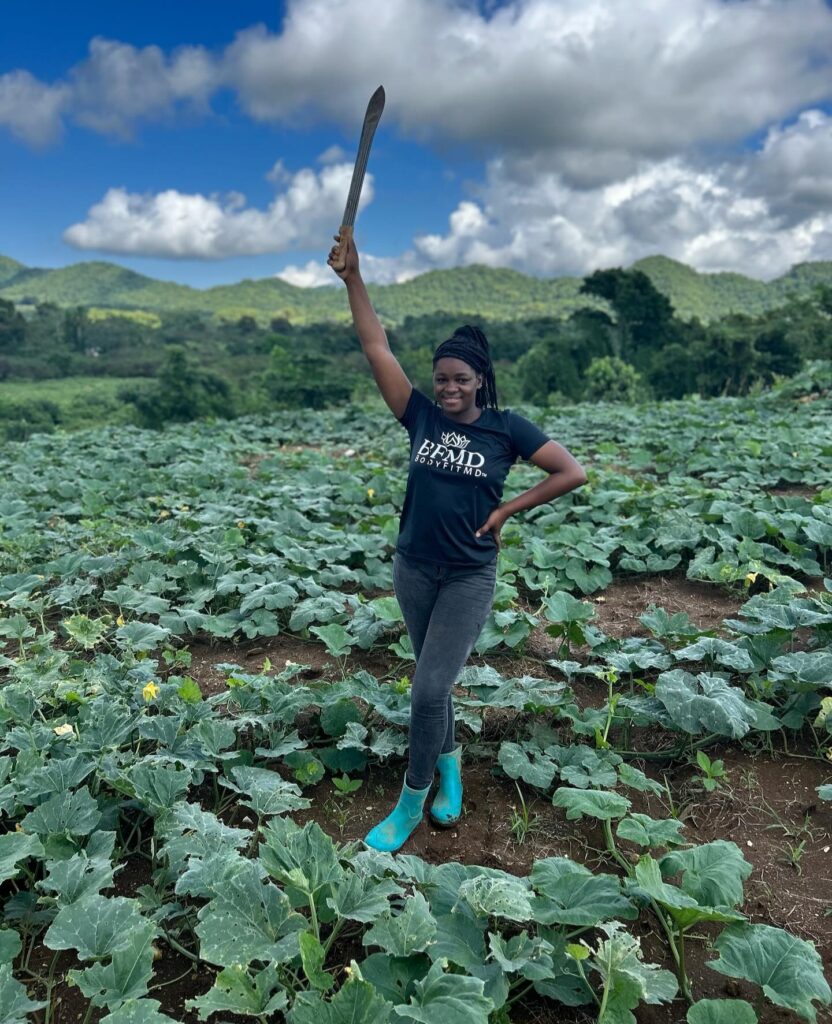
The Challenges Faced by Jamaican Farmers:
Farming is undeniably hard work, often involving physical exertion, sacrifice, and coping with challenges like praedial larceny. Despite these difficulties, farmers remain the backbone of the nation, contributing significantly to both the economy and community well-being.
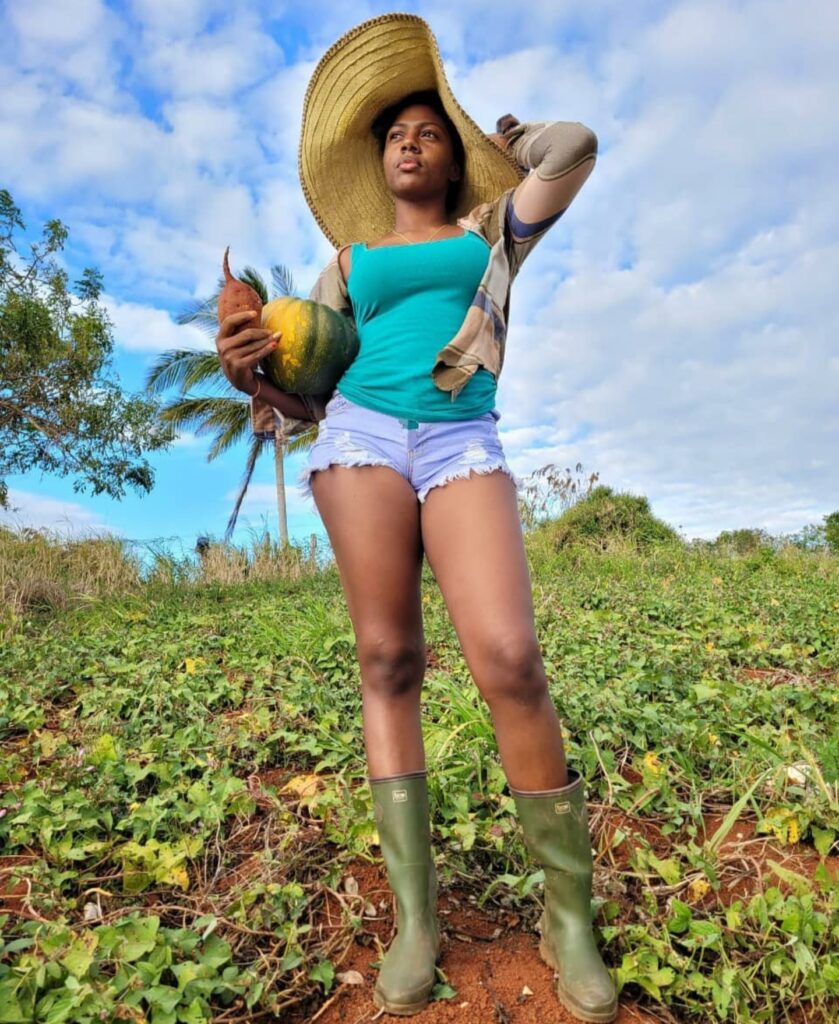
Farmers as Community Pillars:
Farmers are not just producers of food; they are active contributors to community life. Many farmers in Jamaica engage in various community initiatives, ranging from building infrastructure like churches and schools to supporting local sports clubs. Their involvement extends beyond economic pursuits, emphasizing their role as vital civic contributors.
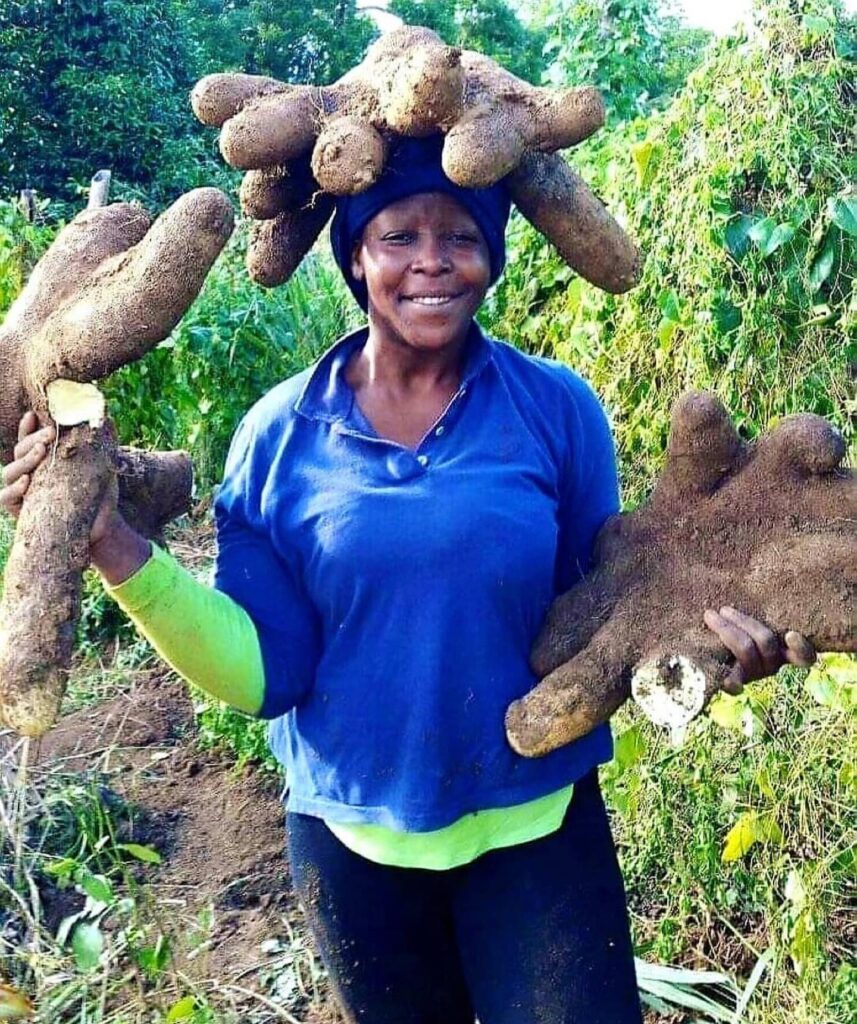
Farmers as Custodians of the Earth:
The responsibility of farmers extends beyond crop cultivation; they are custodians of the earth. Sustainable and responsible farming practices ensure the longevity of agricultural activities for future generations. Farmers play a pivotal role in soil conservation, implementing practices such as soil sampling, fertilization, cover cropping, and rotation to maintain the health of the land.

Jamaican farmers, both men and women, deserve gratitude for their unwavering commitment to agriculture, even in the face of challenges. As custodians of the earth, their role goes beyond providing sustenance; they are essential contributors to community development, economic independence, and environmental stewardship. It is incumbent upon the nation to recognize, support, and invest in its farmers to ensure a sustainable and resilient future.
